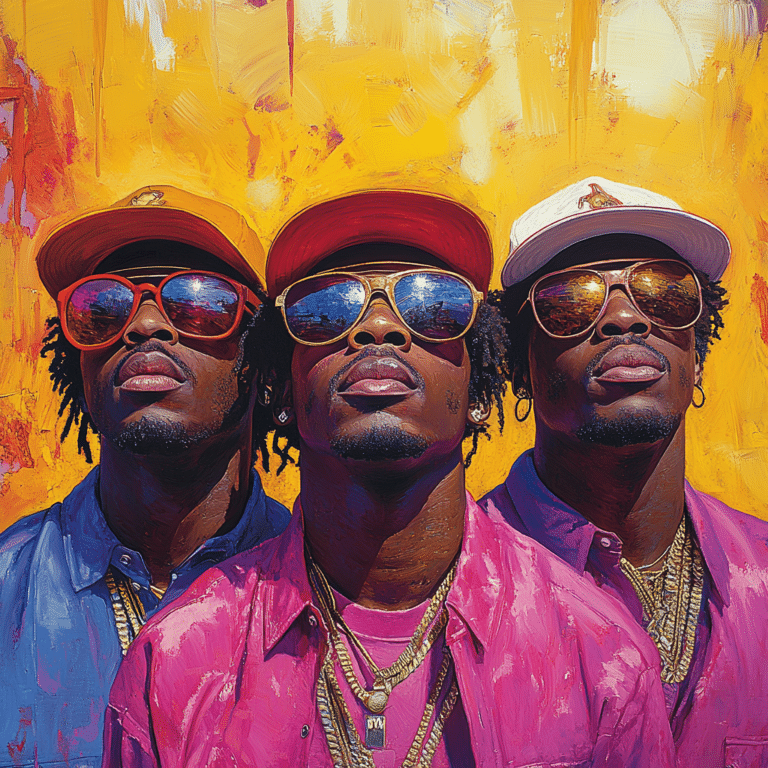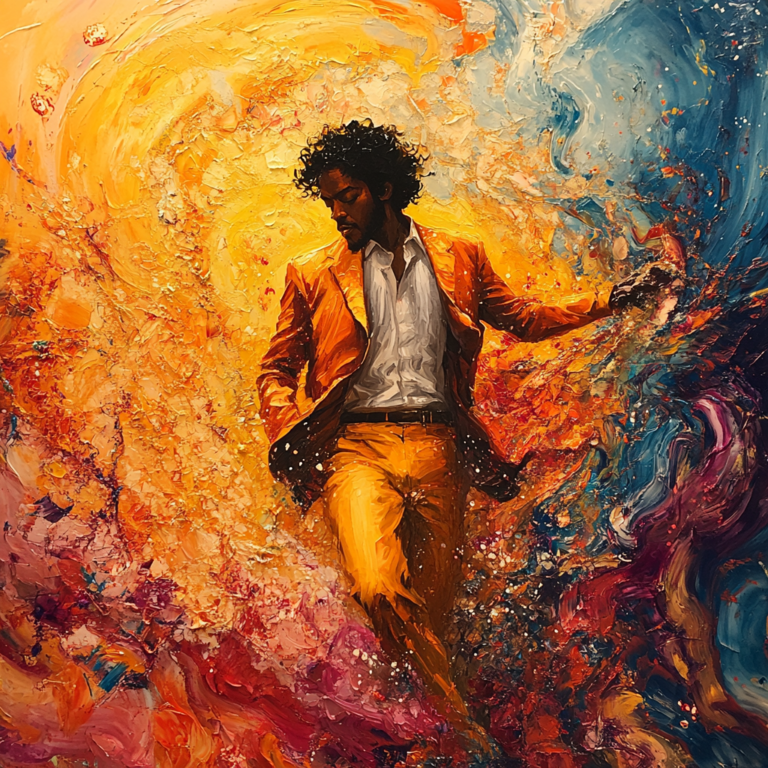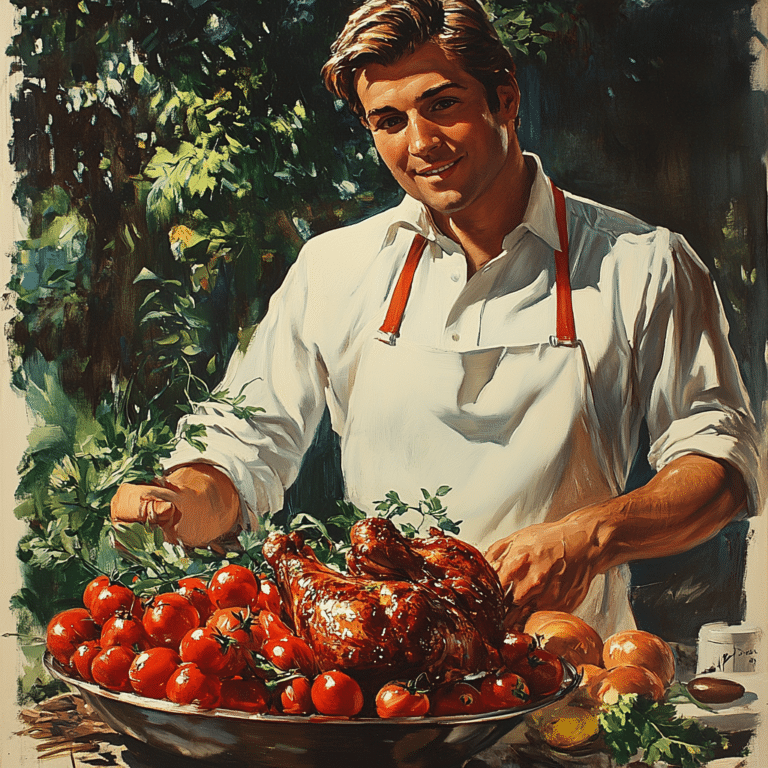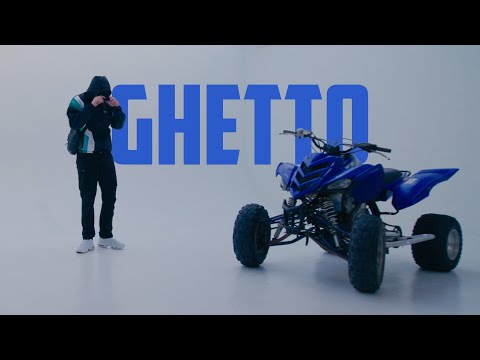
The Geto Boys: Pioneers of Gangsta Rap and Cultural Commentary
The Geto Boys, formed in 1986 in Houston, Texas, didn’t just create music—they crafted a narrative that would define the gangsta rap genre for decades. With their raw lyrics and unfiltered reflections on street life, the Geto Boys tapped into something profound. Their fusion of horrorcore and stark storytelling brought light to the darker corners of urban existence, reshaping not only hip-hop but also America’s socio-cultural discourse. By addressing mental health, violence, and the gritty realities of their environment, they challenged listeners to confront uncomfortable truths.
Let’s not kid ourselves: the Geto Boys‘ influence runs deep. They opened doors for a host of artists who would follow, proving that rap could serve as a commentary on societal issues. Their sound wasn’t merely about bravado or money; it became a medium for exploring the complexities of life in America’s inner cities. This was a time when hip-hop was evolving into a powerful voice, and the Geto Boys helped steer that conversation with their authenticity.
Diving into their work reveals layers of meaning often overlooked. It’s more than just beats and rhymes; it’s an exploration of survival, mental anguish, and the stark reality of street life. As we dig deeper, you’ll see how the legacy of the Geto Boys remains pivotal in today’s music—and in discussions far beyond the studio.
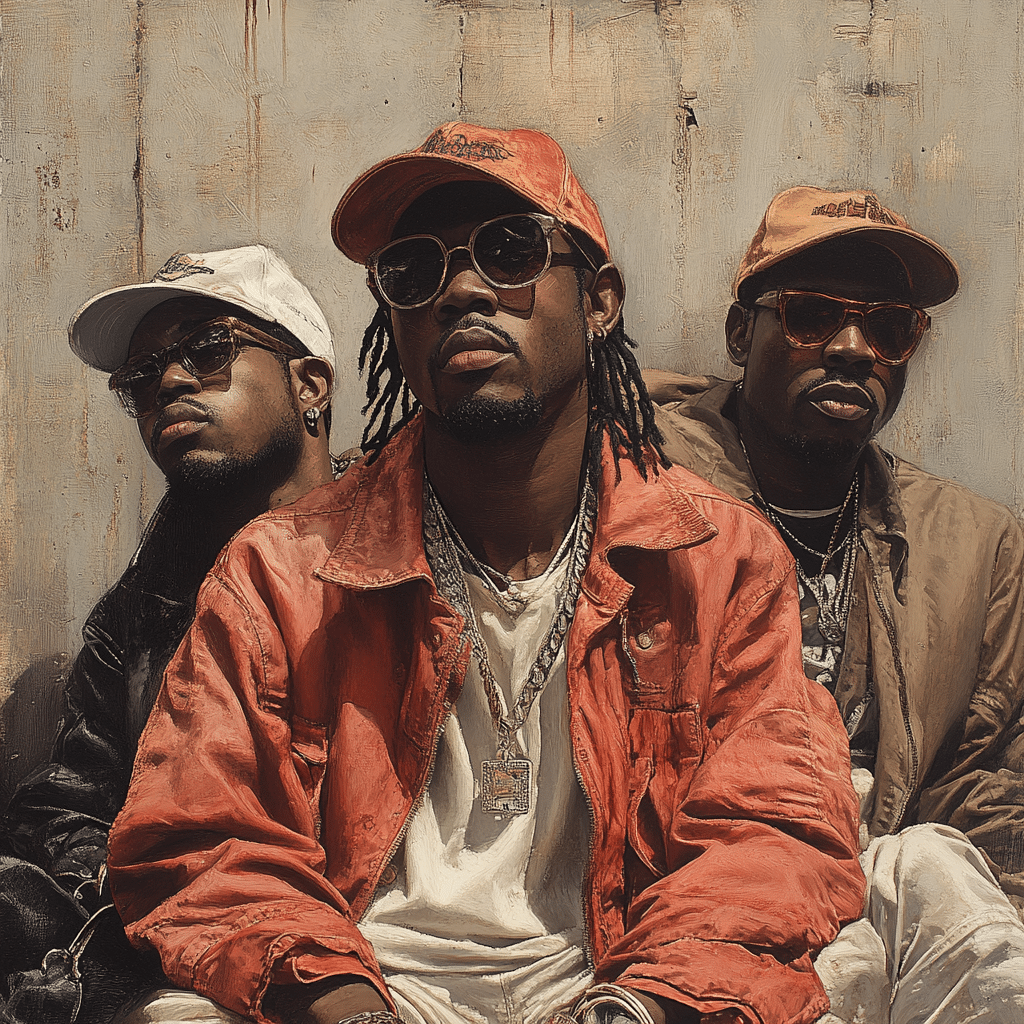
Exploring the Geto Boys’ Role in Shaping the Gangsta Rap Genre
The Geto Boys didn’t just participate in the burgeoning hip-hop scene; they drove it forward, giving a voice to the voiceless. Their thematic innovations laid the groundwork for what gangsta rap could be. The group’s lyrical prowess combined elements of horrorcore with compelling narratives that weren’t afraid to deal with darker topics. They painted a picture of life that was as harsh as it was real, forcing listeners to engage with these narratives rather than simply consume entertainment.
Upon listening to tracks like “Mind Playing Tricks on Me,” it’s easy to see how the Geto Boys’ candid discourse about mental health issues resonated, especially in communities where such topics are often stigmatized. They showcased that vulnerability could coexist with toughness—a characteristic that many contemporary artists continue to embrace.
Their cultural impact cannot be overstated. While critics often dismissed gangsta rap as glorifying violence, the Geto Boys illustrated the struggles behind the façade. They provided a platform where discussions about trauma and pain took center stage, an opportunity that sparked conversations still relevant in today’s music landscape.
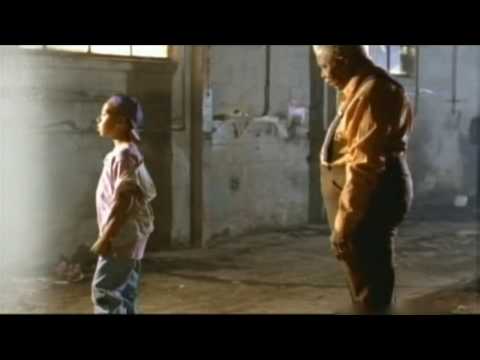
Top 5 Impactful Albums by the Geto Boys
Now, let’s look at some standout albums that encapsulated the Geto Boys’ essence and contributed significantly to their legacy.
This was a game-changer. Featuring the iconic “Mind Playing Tricks on Me,” the album tackled issues like mental illness and existential dread, introducing themes that few had dared to explore in mainstream hip-hop at the time.
Often regarded as one of their best works, this album chronicles their battles, both personal and collective. It poignantly portrays the duality of life in the streets, allowing listeners to connect with the group’s struggles on a profound level.
The Geto Boys faced a brief hiatus but made a powerful return with this album, emphasizing survival and redemption. Tracks like “Geto Fantasy” reminded audiences that there’s always hope despite adversity.
This retrospective not only celebrated their timeless hits but also introduced never-before-heard tracks, ensuring new fans discovered their groundbreaking sound. It serves as a reminder of the group’s influence across generations.
Showcasing their evolution, this album captured the essence of what made the Geto Boys so influential while embracing modern elements in their music. It reflects their enduring legacy in a continually changing hip-hop landscape.
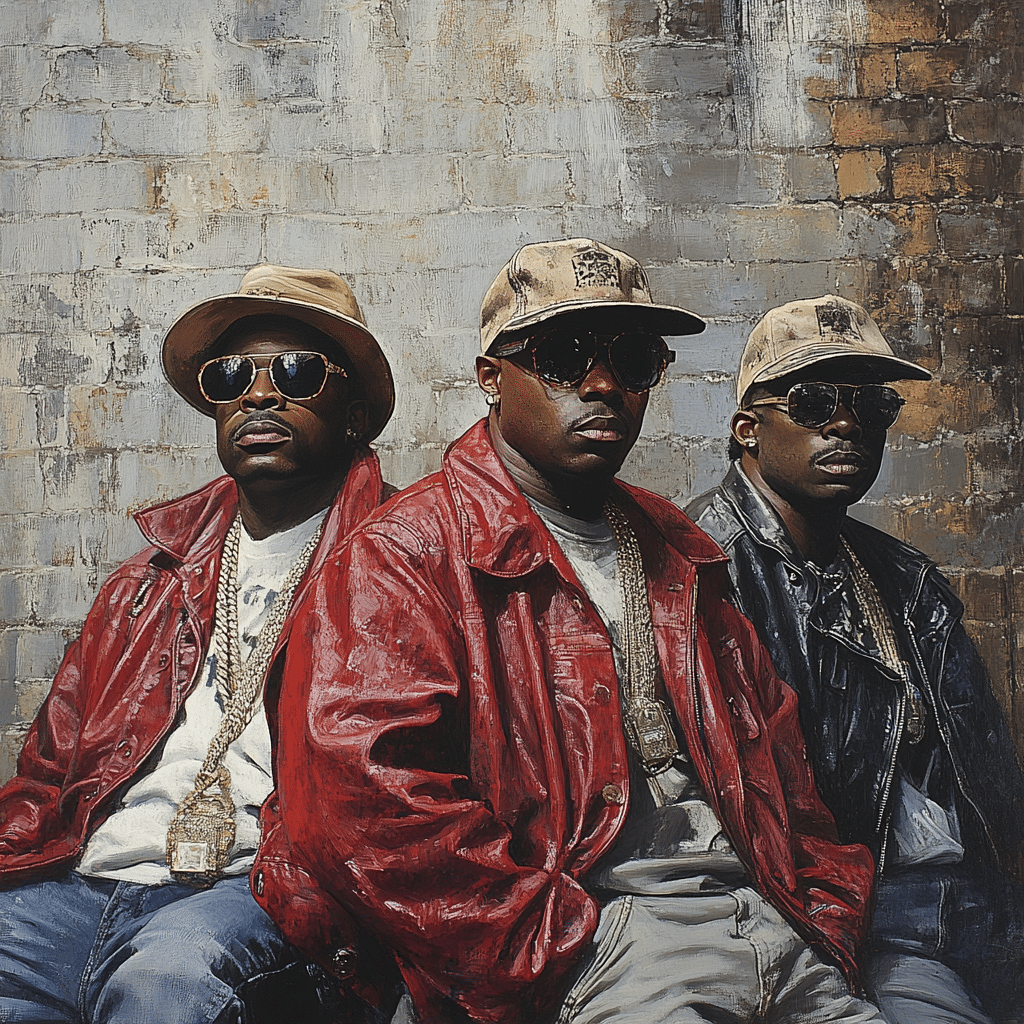
The Geto Boys’ Influence on Future Artists
The impact of the Geto Boys echoes loud and clear in contemporary hip-hop. Artists like Kendrick Lamar and J. Cole draw from the same well of authenticity and storytelling that the Geto Boys pioneered. With their unapologetic approach to discussing societal issues, these modern rappers continue to build upon the foundation laid by the group.
Moreover, groups like N.W.A, who were contemporaries, found inspiration in their bold thematic choices. By tackling similar topics of violence, race, and systemic oppression, they too became voices advocating for change. This ripple effect shows just how significant the Geto Boys’ influence has been—not just in their music, but in shaping the entire narrative of hip-hop.
Today, the essence of the Geto Boys can be felt in various styles and genres within hip-hop. From trap artists to socially conscious rappers, the groundbreaking work of the Geto Boys can be seen in their music, highlighting the ongoing legacy of their unflinching honesty.
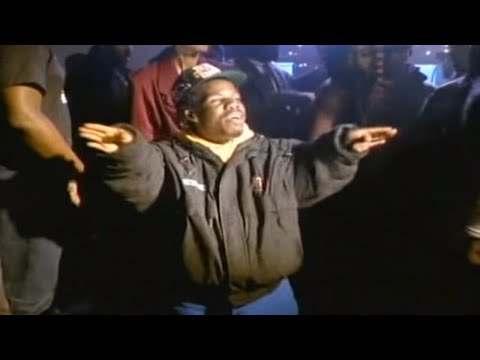
Commentary on Mental Health and Socioeconomic Issues
One of the most significant contributions of the Geto Boys is their vehement discussion of mental health and socioeconomic struggles. While their lyrics often reflect the violent realities of street life, they also serve as a raw commentary on the psychological toll of these experiences, creating a dialogue that transcends music.
Their song “Mind Playing Tricks on Me” is a prime example, tackling issues of paranoia, depression, and identity. It opened a pathway for discussions around mental health that many in the Black community had shied away from, encouraging listeners to address their struggles openly.
This candid portrayal of mental and emotional turmoil has had a lasting impact on conversations surrounding mental health within hip-hop. The more aggressive engagement with these issues has led to increased awareness and support, enabling artists and fans alike to cope with their own battles and break the stigma associated with mental health.
Legacy of the Geto Boys Beyond Music
The Geto Boys‘ influence reaches far beyond music, permeating into film, literature, and various other forms of media. Documentaries chronicling the struggles depicted in their stories offer a visual representation of the harsh realities they spoke about. Their narratives inspired works that highlight urban life and the university experience within hip-hop culture.
The reflections of the Geto Boys are echoed in important cultural critiques, reinforcing the significance of their contribution to both music and society. For instance, various documentaries delve into themes of poverty and crime, all woven through the lens established by the group. Their legacy resonates with those who look to understand the complexities of urban America.
The Geto Boys and the Evolution of Hip-Hop
As hip-hop evolves, the foundational elements established by the Geto Boys remain crucial to understanding today’s genre. The transformation from gangsta rap to contemporary forms like trap and drill music illustrates how their themes and styles continue to resonate. Though the sound may change, core messages of struggle, survival, and authenticity persist in modern rap.
The gritty narratives found in trap music mirror the experiences the Geto Boys laid bare, emphasizing the ongoing relevance of their work. New artists may use different beats, but the emotional range they explore remains tied to the path opened by the Geto Boys.
Wrapping Up the Legacy of the Geto Boys
The Geto Boys forged a path for countless artists, showcasing the power of music to act as a means of storytelling and as a catalyst for social change. Their influence is evident not only in hip-hop but across the cultural landscape, reminding us that the genre is more than just entertainment; it’s a critical lens through which we examine society.
Their legacy champions authenticity, social commentary, and raw expression, solidifying the Geto Boys as one of the most impactful groups in the annals of gangsta rap history. In a world that continues to grapple with the same issues they rapped about, their voices remain a vital part of the conversation.
Geto Boys: Impactful Legacy in Gangsta Rap History
The Formation and Influence of Geto Boys
The Geto Boys, hailing from Houston, Texas, are often credited with shaping the narrative of gangsta rap. They broke ground in the late ’80s and early ’90s with their fearless lyrics and raw storytelling. Their music resonated with a generation facing the harsh realities of life in the streets. Notably, the group included members like Scarface, Willie D, and Bushwick Bill, each bringing their own flair to the project. Did you know that the Geto Boys inspired a diverse group of artists, driving them to share their stories through music? Just like how the trendsetters in Geeze culture embraced their reality, the Geto Boys became the voice of a neglected demographic.
Lyrics with a Message
The group’s second album, “Grip It! On That Other Level,” marked a turning point in the genre. It showcased an unapologetic approach to societal problems, touching on themes of violence, politics, and mental health. One standout track, “Mind Playing Tricks on Me,” dives deep into psychological struggles, reflecting a battle that many listeners could relate to. This album’s impact echoes through various mediums today, reminding us of how music can serve as a therapy—akin to daily Reflections For today, offering listeners a way to process their feelings. The blend of their experiences created a cultural phenomenon, establishing a connection that resonates even now.
A Lasting Legacy
Interestingly, the Geto Boys’ influence extends beyond music; it has infiltrated movies and television, illustrating the powerful reach of their narratives. Just think of how characters may pull from legendary figures like Geraldine Chaplin, who showcased deep emotional layers in her films. The Geto Boys invited conversations about social issues often left unspoken, much like how Girlies portray complex female experiences in media. Their willingness to push boundaries has paved the way for many contemporary artists, including those who tackle subjects such as mental health and personal struggles, similar to those discussed in The life and those experimenting with “THC liquid.
While the Geto Boys may have started a gritty revolution, their legacy ultimately serves as an anthem of empowerment for many, reminding us to face our fears, confront societal truths, and be proud of our stories.
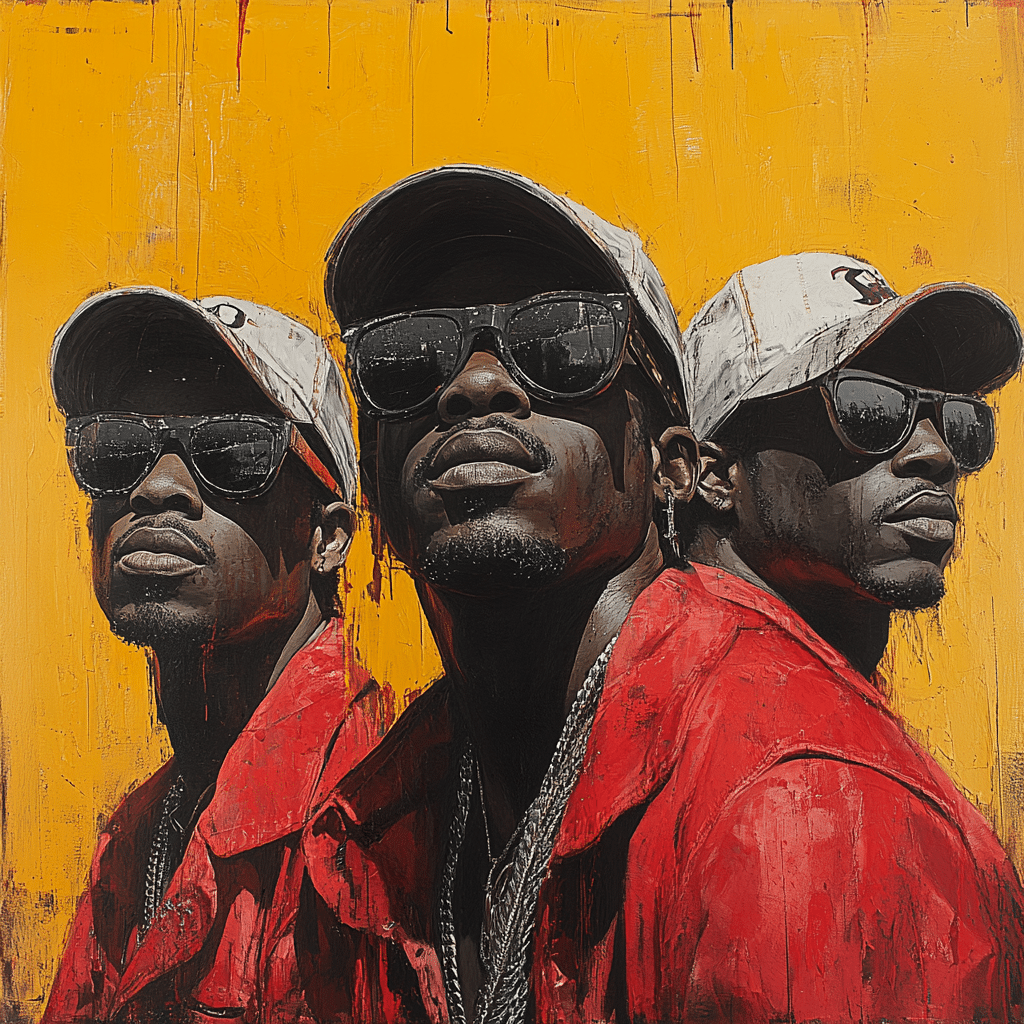
Are the Geto Boys still active?
The Geto Boys are no longer active as a group, following the death of Bushwick Bill in 2019.
What are the geto boys known for?
They’re known for their ultra-violent lyrics mixed with powerful social messages, gaining a reputation in the Gangsta Rap scene.
Who was the fourth member of the Geto Boys?
The fourth member of the Geto Boys was DJ Ready Red, who played a significant role in their early sound.
Why did Big Mike leave Geto Boys?
Big Mike left the Geto Boys after a physical altercation with Scarface, which led to tensions over Mike’s growing fame and ultimately allowed him to pursue a solo career.
What happened to Scarface from the Geto Boys?
Scarface continues to make music and is involved in various projects, remaining a respected figure in the hip-hop industry.
Is Bushwick from the Geto Boys still alive?
Bushwick Bill passed away on June 9, 2019, after battling pancreatic cancer.
What happened to Bushwick Bill Eye?
Bushwick Bill had a severe eye injury caused by an incident where he reportedly shot himself, leading to the loss of his right eye.
Who was the original group of the Geto Boys?
The original group of the Geto Boys included Sire Jukebox, Prince Johnny C, Bushwick Bill, and DJ Ready Red before Scarface and Willie D joined.
What rappers are from 5th Ward?
Some notable rappers from Houston’s 5th Ward include Scarface, Willie D, and several other local artists.
Who was Geto killed by?
Geto, a character related to the group, was rumored to have been killed in a narrative twist from their storytelling style in music, but this can blur lines with reality.
Who is the true identity of Geto?
The true identity of Geto varies within their music themes, often exploring concepts of identity and struggle in the face of adversity.
Who was Geto possessed by?
Geto, in some lyrics, was said to be possessed by various inner demons, a common theme in street narratives and storytelling.
Who is J Prince’s son?
J. Prince’s son is Jazz Prince, known for his own contributions to the music industry.
What did J. Prince say about takeoff?
J. Prince expressed heartfelt words about Takeoff’s passing, emphasizing the profound impact it had on the community and hip-hop culture as a whole.
What is the controversy with the Geto Boys?
The Geto Boys have been involved in controversies due to their explicit lyrics and the graphic nature of their storytelling, often sparking debates about art versus responsibility.

